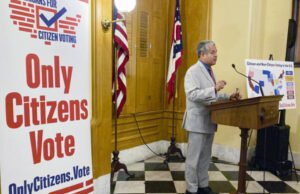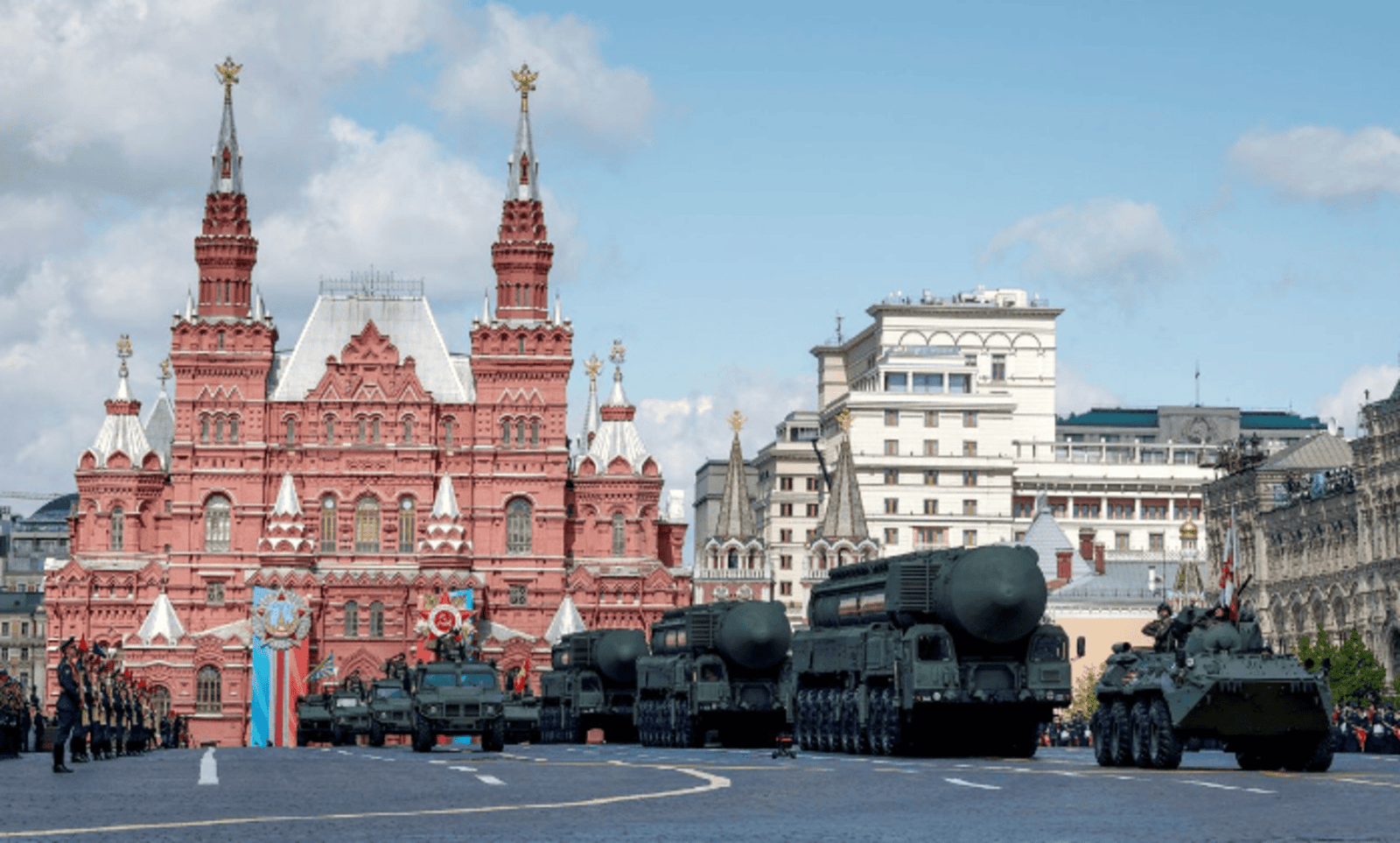
“2024 Noncitizen Voting Debate”.Rare Cases of Noncitizen Voting Spark Controversy
Introduction
In the upcoming U.S. elections, the focus on noncitizen voting has intensified. While it remains a rare issue, it has become a significant topic in political debates. Republicans have raised concerns about noncitizens potentially influencing elections. They have taken various steps to address this, despite the infrequent nature of such occurrences.
Legal Framework
Federal law is clear on this matter. The 1996 law strictly prohibits noncitizens from voting in federal elections. Offenders face fines, imprisonment for up to one year, and possible deportation. Voter registration requires individuals to affirm under penalty of perjury that they are U.S. citizens. This legal requirement helps maintain the integrity of the voting system.

Voter Roll Maintenance
States are mandated to keep their voter rolls accurate. They must regularly review and update these lists. This process helps identify ineligible voters, including noncitizens. Federal law supports these measures, ensuring that only eligible voters are registered. However, despite these safeguards, concerns about noncitizen voting persist.
State-Level Actions
In response to these concerns, Republican officials have implemented various measures. They have conducted reviews of voter rolls across several states. Executive orders and state constitutional amendments have been introduced to prevent noncitizen voting. While these actions aim to secure the electoral process, critics argue they may cause more problems than they solve.
Case Studies
Texas
Texas Governor Greg Abbott has highlighted issues related to noncitizen voting. Among these, 1,930 had a history of voting and were referred for further investigation. Texas, with nearly 18 million registered voters, has taken significant steps to address these concerns.
Ohio
In Ohio, Secretary of State Frank LaRose has reported notable figures regarding noncitizen voting. Recently, 138 apparent noncitizens were referred for potential prosecution after voting in an election. Additionally, 459 others who registered but did not vote were also identified. Despite these numbers being higher than in previous years, they represent a small fraction of Ohio’s 8 million registered voters.
Alabama
Alabama Secretary of State Wes Allen has announced changes to voter registration statuses. About 3,251 individuals identified as noncitizens by the federal government are being switched to inactive status. These individuals must provide proof of citizenship and complete additional forms to vote in the upcoming election. Alabama has over 3 million registered voters, and this measure aims to ensure voter eligibility.
Local Elections and Noncitizen Voting
This is allowed in certain municipalities in California, Maryland, and Vermont, as well as in the District of Columbia. These local elections might include school board and city council races. However, noncitizen voting in these contexts remains uncommon.
Impact of Measures
The increased focus on noncitizen voting has sparked debate. Some view the measures as necessary to maintain electoral integrity. Critics argue that the actual incidence of noncitizen voting is low and that the measures may lead to disenfranchisement of eligible voters.
The Debate
The debate surrounding noncitizen voting is multifaceted. Supporters of stricter measures argue they are essential for safeguarding the electoral process. Opponents contend that these measures are overly stringent and can undermine public confidence in the voting system.
Consequences for Voters
For voters, the consequences of these measures can be significant. Stricter voter registration requirements may lead to confusion and delays. Eligible voters might face challenges proving their citizenship or navigating new registration processes. This can impact voter turnout and the overall electoral experience.
Future Prospects
Looking ahead, the debate on noncitizen voting is likely to continue. The measures implemented by various states may evolve based on political and legal developments. As the political landscape shifts, new solutions and adjustments may be proposed. The ongoing discussions will shape how these issues are addressed in future elections.
The future of noncitizen voting and related measures remains a dynamic and evolving issue. As states grapple with the complexities of voter integrity and security, several key factors will influence how this topic develops in the coming years.
Improved voter registration systems and data verification technologies may enhance the ability to detect and prevent noncitizen voting more accurately. These innovations could streamline processes and reduce the margin for error, potentially addressing concerns more effectively without creating undue burdens on legal voters.
Secondly, the political climate will heavily impact the direction of these policies. As political parties and leaders debate the need for stricter voter controls, the solutions adopted may vary widely. The partisan divide on this issue suggests that legislative changes could shift depending on which party holds power at both state and federal levels. This variability could result in a patchwork of policies across the country, influencing how noncitizen voting is managed and perceived.
Furthermore, public opinion will continue to shape future prospects. If evidence emerges showing that current measures are disproportionately affecting eligible voters or not addressing the problem as intended, there may be calls for reform. Grassroots movements and advocacy groups could push for changes to ensure that voting regulations are fair and equitable while still safeguarding the electoral process.
Conclusion
The issue of noncitizen voting, while rare, has become a focal point in this election cycle. State-level actions reflect a commitment to addressing these concerns, though they are met with mixed reactions. The impact of these measures on voters and the electoral process remains to be seen. As the debate continues, the focus will be on balancing security with accessibility in the democratic process.







